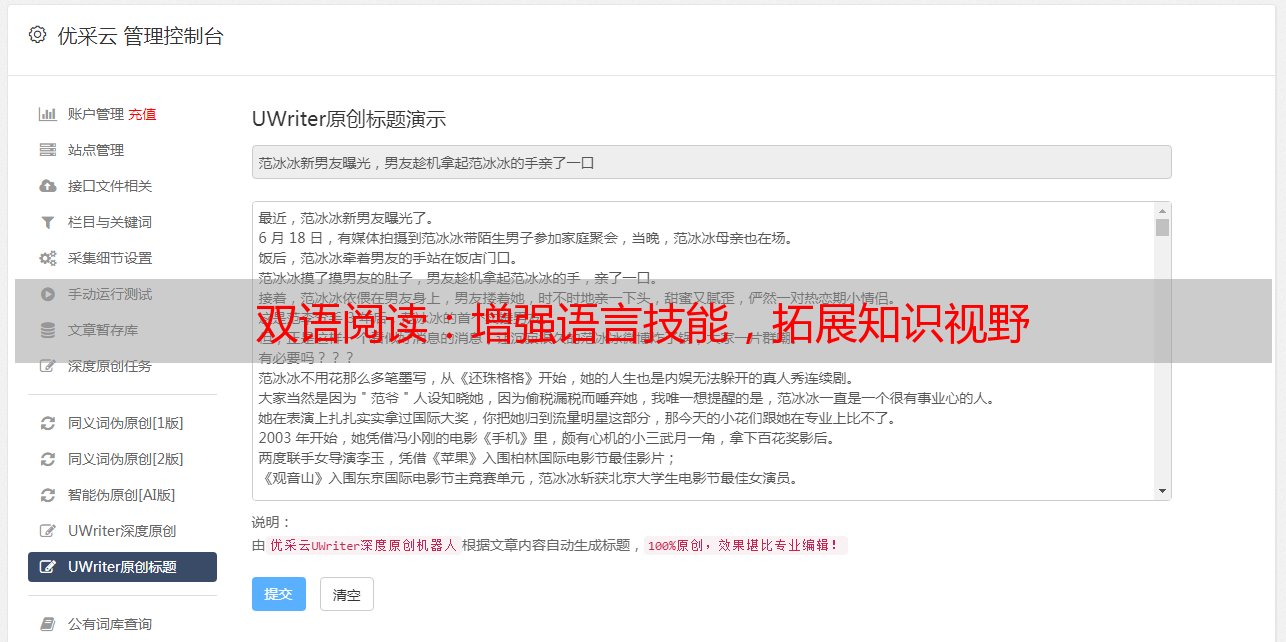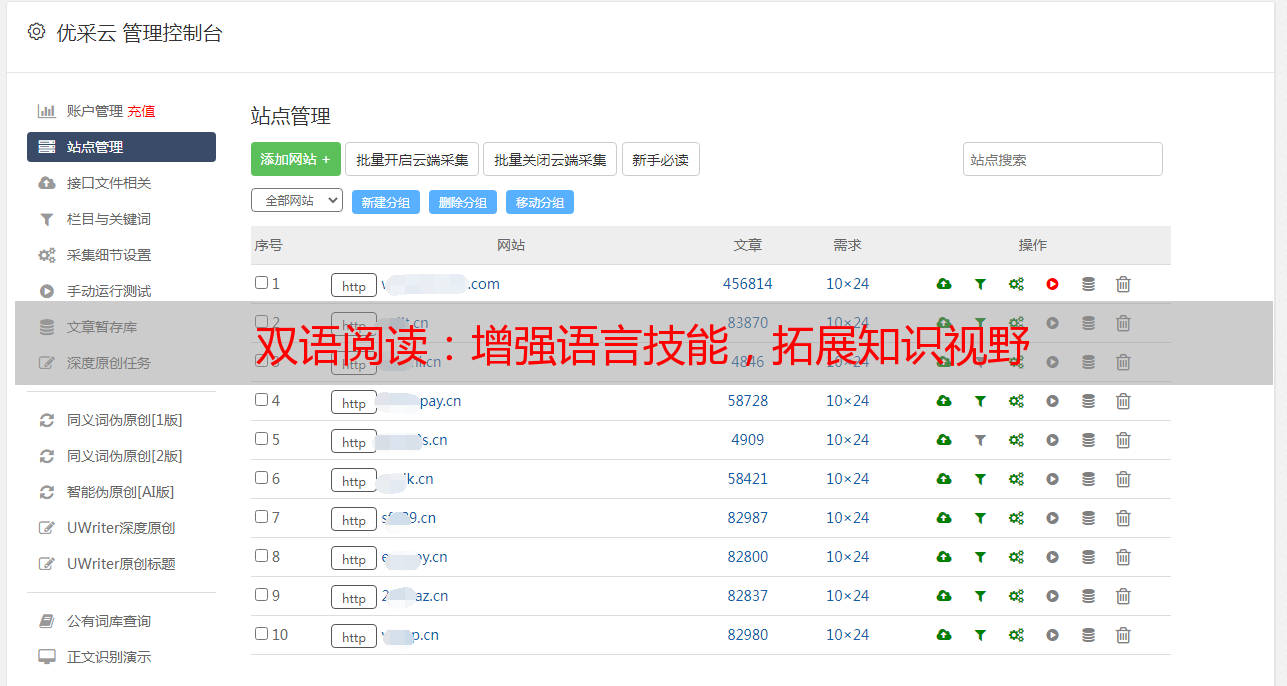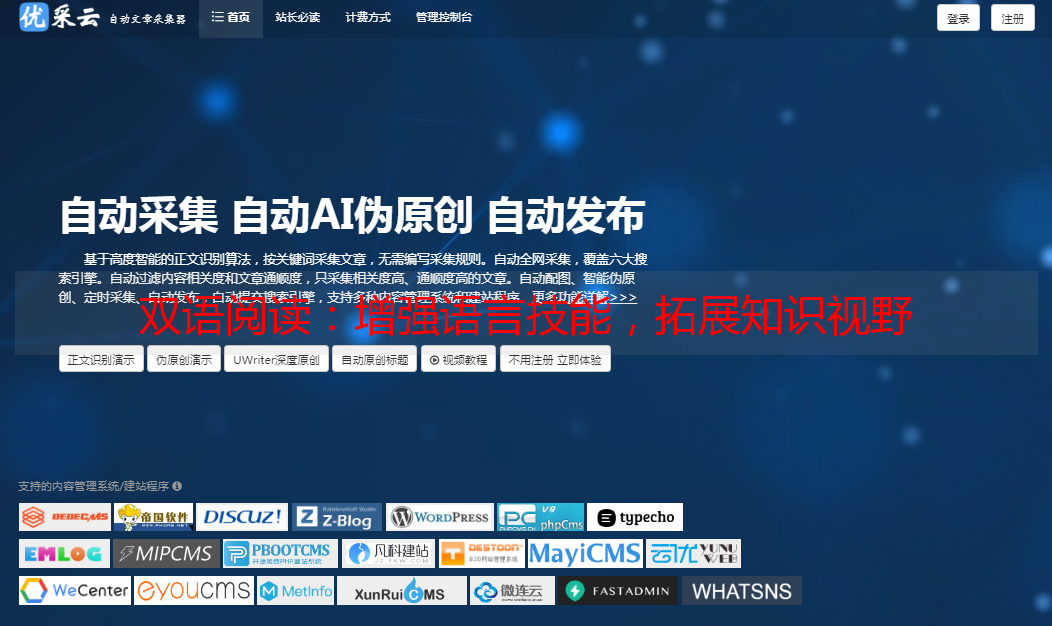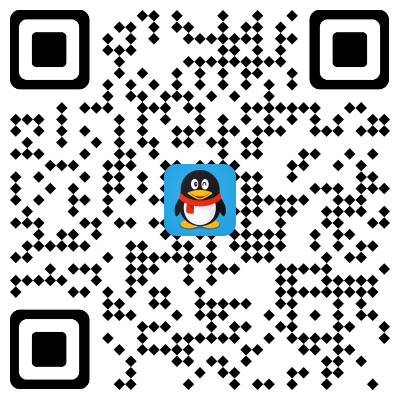双语阅读:增强语言技能,拓展知识视野
优采云 发布时间: 2023-03-03 13:55Web image scraping and downloading refer to the process of extracting images from websites and saving them on a local computer or server. This practice has become increasingly important in various industries, including e-commerce, marketing, research, and content creation. In this article, we will explore the techniques for web image scraping and downloading, legal and ethical considerations, applications of this practice, as well as the challenges that come with it.
There are various web scraping tools available for extracting data from websites. Some popular options include Beautiful Soup, Scrapy, and Selenium. These tools allow users to scrape not only text but also images from websites. Data extraction techniques such as XPath and regular expressions can be used to identify the location of images on a webpage. Once the location is identified, users can use image downloading techniques such as URL retrieval or automated scripts to save images on their computers.
Legal and ethical considerations should always be taken into account when performing web image scraping and downloading. Copyright laws protect images that are owned by individuals or organizations. Terms of use and website policies may prohibit or limit the use of images from certain websites. Ethical considerations such as respecting the privacy of individuals or avoiding offensive content should also be taken into account.
Web image scraping and downloading have numerous applications in various industries. E-commerce websites can use scraped images to improve product listings and enhance customer experience. Marketing and advertising agencies can use scraped images to create impactful visuals for their campaigns. Researchers can use scraped images for data analysis and visualization. Content creators can use scraped images to enhance their articles or social media posts.
Despite its benefits, web image scraping and downloading also come with challenges. Technical challenges such as dealing with large amounts of data or handling complex website structures can be difficult to overcome. Legal challenges such as copyright infringement claims can lead to legal action against individuals or organizations involved in web scraping practices. Ethical challenges such as respecting privacy or avoiding offensive content can also pose a challenge for web scrapers.
In conclusion, web image scraping and downloading offer numerous benefits for various industries but should be performed with legal and ethical considerations in mind. As technology continues to evolve, new techniques for web scraping may emerge, leading to potential future developments in this field.





